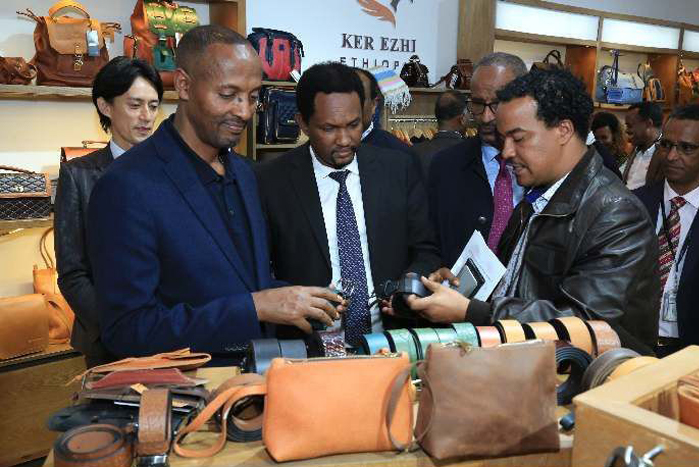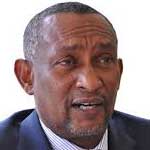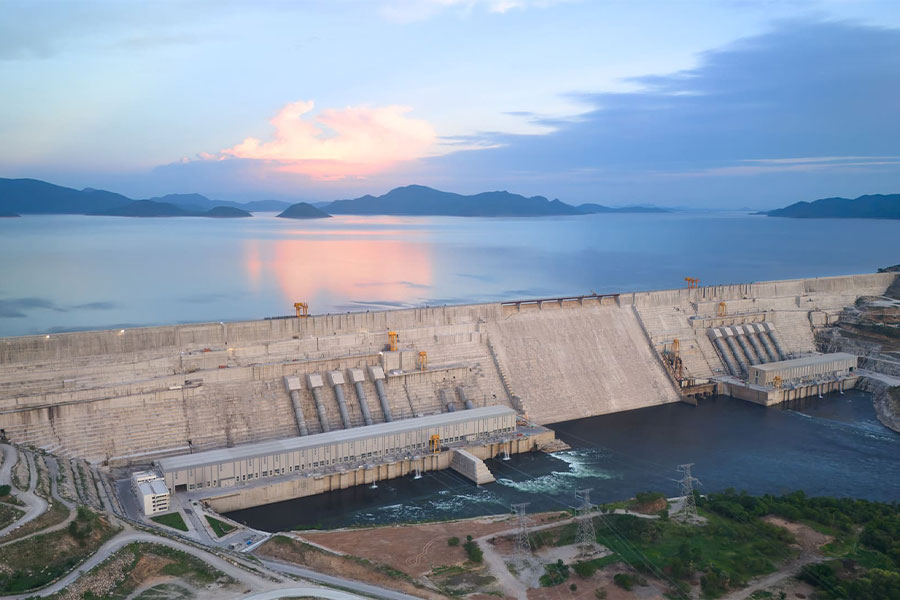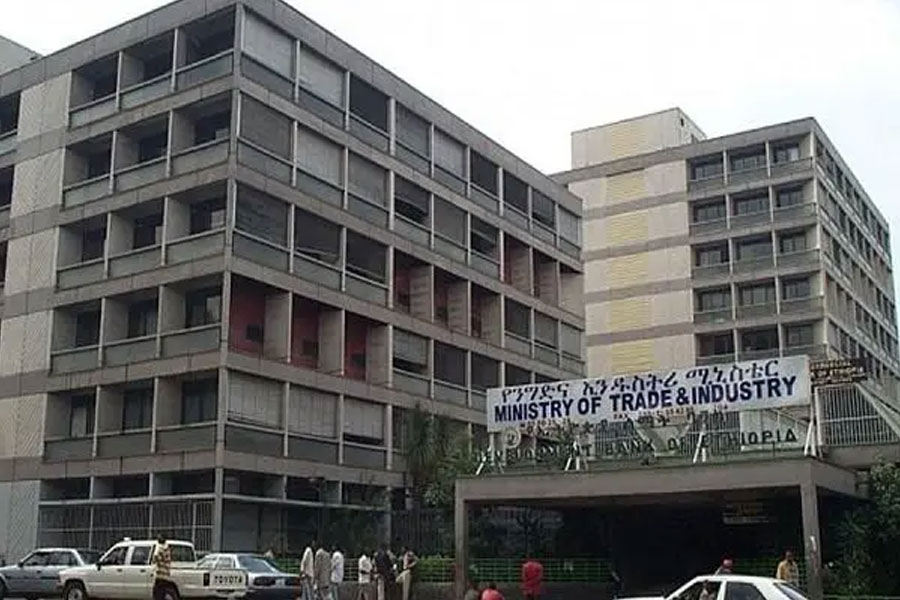
Radar | Sep 04,2022
The government kicked off the second sanitation survey using 4,075 tablet computers procured for 2.1 million dollars by the African Development Bank (AfDB).
To be held across the regional states and two city administrations, the survey includes documenting both government and private facilities for potable water and sanitation quality. The survey will also include recording water wells, water supply sources, distributions, urban sewerage systems and other private and public sanitation facilities.
The survey is expected to take half a month to complete and another four months for results to be announced.
Since the last survey was conducted eight years ago by the Ministry of Water, Irrigation & Electricity, the current allocation for 100 million Br came from AfDB to cover the cost of the tablets and other miscellaneous costs.
Coffey Tetra, a United Kingdom-based tech company that oversees more than 110 projects in 25 countries, designed the software to be used by the survey and will consult on the project. The firm will be paid 3.6 million British pounds for their services by the UK Department For International Development.
Named WaSH MIS System, the software stores information regarding locations, water and sanitation facilities and the number of people being surveyed. It will keep the data and will upload it to a central data centre once internet connections are established.
Previously, the Ministry was challenged in providing sufficient, accurate and well-organised potable water data for the country, according to Sileshi Bekele (PhD), Minister of Water, Irrigation & Electricity.
To conduct the survey, a total of 4,000 professionals are being deployed, of which 500 are supervisors and the rest are data collectors. The Ministry gave a capacity building training for all of the professionals.
Surveys at Harari Regional State and Dire Dawa City Administration have already been concluded, according to Sileshi.
"In the areas with security problems, the data surveyors will be accompanied by security forces," said Sileshi. "There are also some areas we have identified for having security problems and decided to wait until the situation is normalised."
The first survey results were not announced due to a technical glitch that caused a failure of the earlier software used at that time, according to Abera Endashaw, technical service manager at Coffey.
The latest data from Water Aid shows that 93pc of Ethiopians and about 60pc of schools have no access to basic sanitation facilities. These figures led the country to become the third lowest ranked nation on the continent followed by Niger and Somalia.
The capital city, Addis Abeba, is known for having poor sanitation facilities and only hosts 179 mobile, 360 public and 103 communal sanitation facilities.
2017 statistics show that average rural and urban water supply coverage have reached 68pc and 55pc, respectively, benefiting 51.8 million rural citizens and 10.6 million urban citizens.
Experts applaud the government's initiative in conducting the survey.
“It helps the country to identify the magnitude of the problem and prepare for the next work by designing strategies to address the problems,” says Jemal Mohammed, a civil engineer with 15 years of experience related to water supply and sanitation.
But Jemal says that gadgets by themselves can not bring accurate data and that data surveyors should be well trained in imputing the data properly into the system.
PUBLISHED ON
Jan 12,2019 [ VOL
19 , NO
976]

Radar | Sep 04,2022

Verbatim | Oct 31,2020

Fortune News | Sep 15,2025

Fortune News | Jan 02,2021

Radar | Nov 14,2020

Radar | Jan 16,2024

Radar | Jul 13,2020

Radar |

Fortune News | Aug 08,2020

Fortune News | May 11,2019

Dec 22 , 2024 . By TIZITA SHEWAFERAW
Charged with transforming colossal state-owned enterprises into modern and competitiv...

Aug 18 , 2024 . By AKSAH ITALO
Although predictable Yonas Zerihun's job in the ride-hailing service is not immune to...

Jul 28 , 2024 . By TIZITA SHEWAFERAW
Unhabitual, perhaps too many, Samuel Gebreyohannes, 38, used to occasionally enjoy a couple of beers at breakfast. However, he recently swit...

Jul 13 , 2024 . By AKSAH ITALO
Investors who rely on tractors, trucks, and field vehicles for commuting, transporting commodities, and f...

Oct 25 , 2025
The regulatory machinery is on overdrive. In only two years, no fewer than 35 new pro...

Oct 18 , 2025
The political establishment, notably the ruling party and its top brass, has become p...

Oct 11 , 2025
Ladislas Farago, a roving Associated Press (AP) correspondent, arrived in Ethiopia in...

Oct 4 , 2025
Eyob Tekalegn (PhD) had been in the Governor's chair for only weeks when, on Septembe...